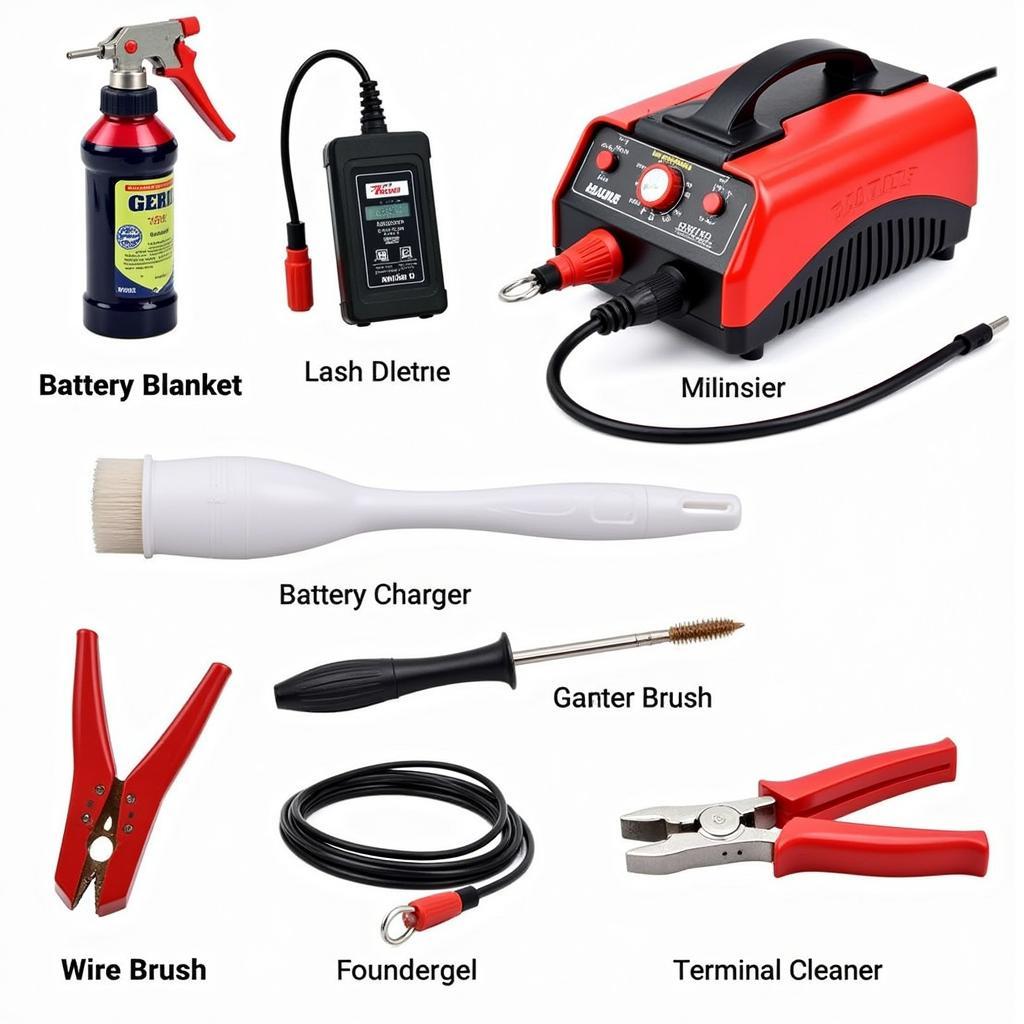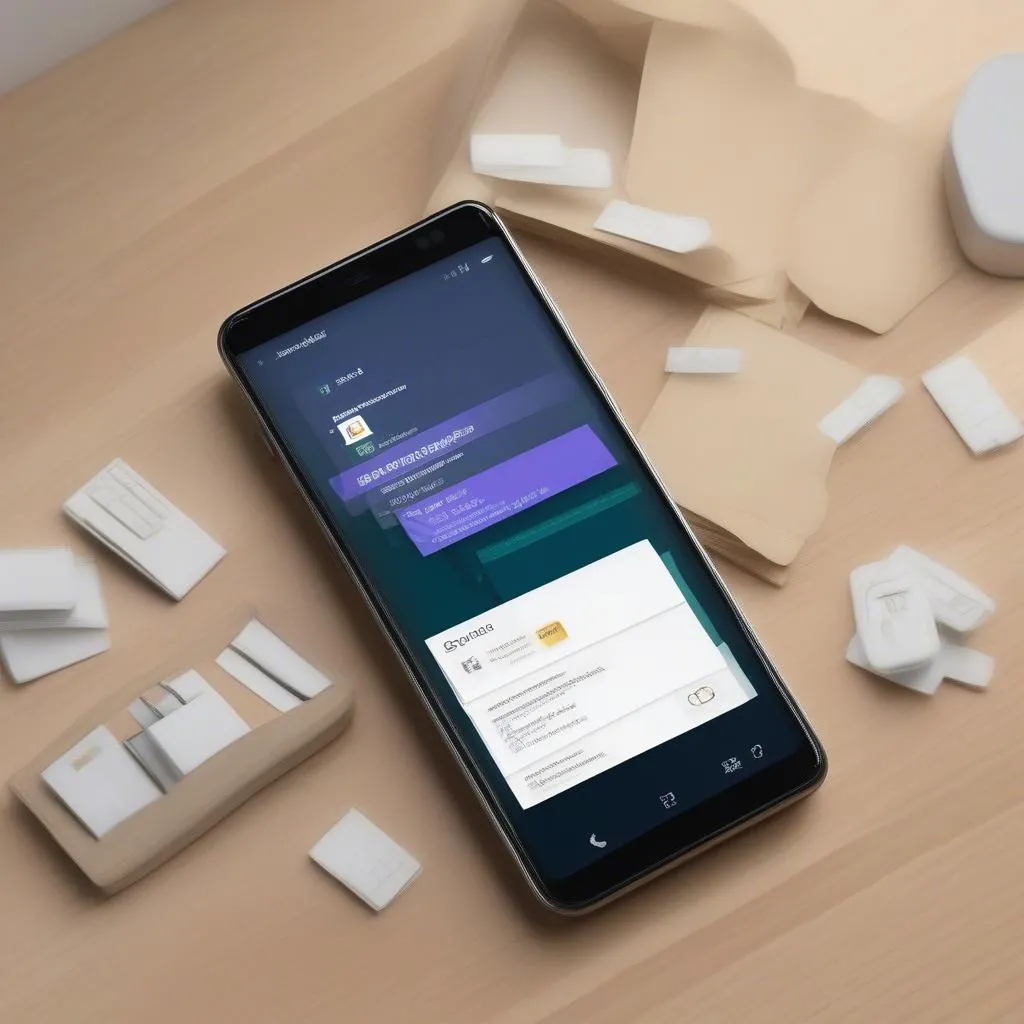If your car battery keeps dying in the cold, you’re not alone. This is a common problem, especially in areas with harsh winters. Understanding why this happens and knowing how to prevent it can save you time, money, and frustration. This guide will explore the reasons behind this issue and provide practical solutions to keep your car running smoothly all winter long.
Why Does My Car Battery Keep Dying in Cold Weather?
Cold temperatures significantly impact a car battery’s performance. Several factors contribute to this:
-
Reduced Chemical Reactions: A car battery relies on chemical reactions to produce electricity. Cold weather slows down these reactions, reducing the battery’s ability to hold a charge and crank the engine. Think of it like molasses in January – everything moves slower.
-
Increased Engine Oil Viscosity: Thicker oil in cold temperatures requires more power from the battery to turn over the engine. This increased load puts a strain on the battery, making it work harder and depleting its charge faster.
-
Parasitic Draws: Even when the car is off, some systems, like the clock, radio memory, and security system, continue to draw power from the battery. These small draws can become significant over time, especially when combined with the reduced capacity of a cold battery. Sometimes, a faulty component can create a larger than normal parasitic draw, leading to a dead battery.
-
Old Age: As batteries age, their internal components degrade, making them less effective at holding a charge. This degradation is accelerated by extreme temperatures, both hot and cold. An older battery is much more susceptible to cold-weather failure.
Troubleshooting a Car Battery That Dies in the Cold
If you’re experiencing this issue, here’s how you can troubleshoot it:
-
Test the Battery: Use a multimeter to check the battery’s voltage. A fully charged battery should read around 12.6 volts. If the voltage is significantly lower, the battery may need to be charged or replaced.
-
Check the Alternator: The alternator recharges the battery while the engine is running. A faulty alternator can prevent the battery from charging properly, leading to repeated failures.
-
Inspect the Cables and Terminals: Corroded or loose battery cables and terminals can hinder the flow of electricity. Clean them with a wire brush and baking soda solution, and ensure they are tightly connected.
-
Look for Parasitic Draws: Use a multimeter to measure the current draw with the car off. A draw of more than 50 milliamps may indicate a problem.
Preventing a Dead Car Battery in Cold Weather
Here are some proactive measures to prevent your car battery from dying in the cold:
-
Park Inside: If possible, park your car in a garage or covered area to protect it from the elements. Even a carport can offer some protection.
-
Use a Battery Blanket: A battery blanket is an insulated cover that helps maintain the battery’s temperature, improving its performance in cold weather.
-
Keep the Battery Clean: Regularly clean the battery terminals and cables to prevent corrosion and ensure a good electrical connection.
-
Limit Short Trips: Short trips don’t give the alternator enough time to recharge the battery fully after starting the engine. Combine errands whenever possible.
-
Consider a Battery Maintainer: A battery maintainer is a device that delivers a small current to the battery, keeping it fully charged during periods of inactivity. This is particularly useful for vehicles that are stored during the winter.
 Car Battery Maintenance in Winter
Car Battery Maintenance in Winter
Conclusion
A dying car battery in the cold can be a real headache. By understanding the causes and taking preventative measures, you can significantly reduce the risk of this happening. Regular maintenance and a proactive approach will keep your car starting reliably all winter long. Don’t let the cold weather leave you stranded!
FAQ
- How long does a car battery last in cold weather? A healthy battery should last 3-5 years, but cold weather can shorten its lifespan.
- Can extreme cold kill a car battery? Yes, extremely cold temperatures can significantly reduce a battery’s capacity and even cause permanent damage.
- Is it safe to jump-start a frozen car battery? It’s generally safe, but take precautions. Make sure the battery isn’t cracked or leaking.
- What are the warning signs of a bad brake switch? You can learn more about the warning signs of a bad brake switch.
- Should I disconnect my car battery in the winter? Disconnecting the battery can prevent parasitic draws, but it can also reset some vehicle systems.
- What should I do if my car battery keeps dying even after being replaced? There might be an underlying electrical issue, such as a faulty alternator or a parasitic draw. Seek professional diagnosis.
- My 1995 Chevy Silverado 2500 brake warning light is on. What could be the problem? Check out this article about a 1995 chevy silverado 2500 brake warning light for potential causes and solutions.

